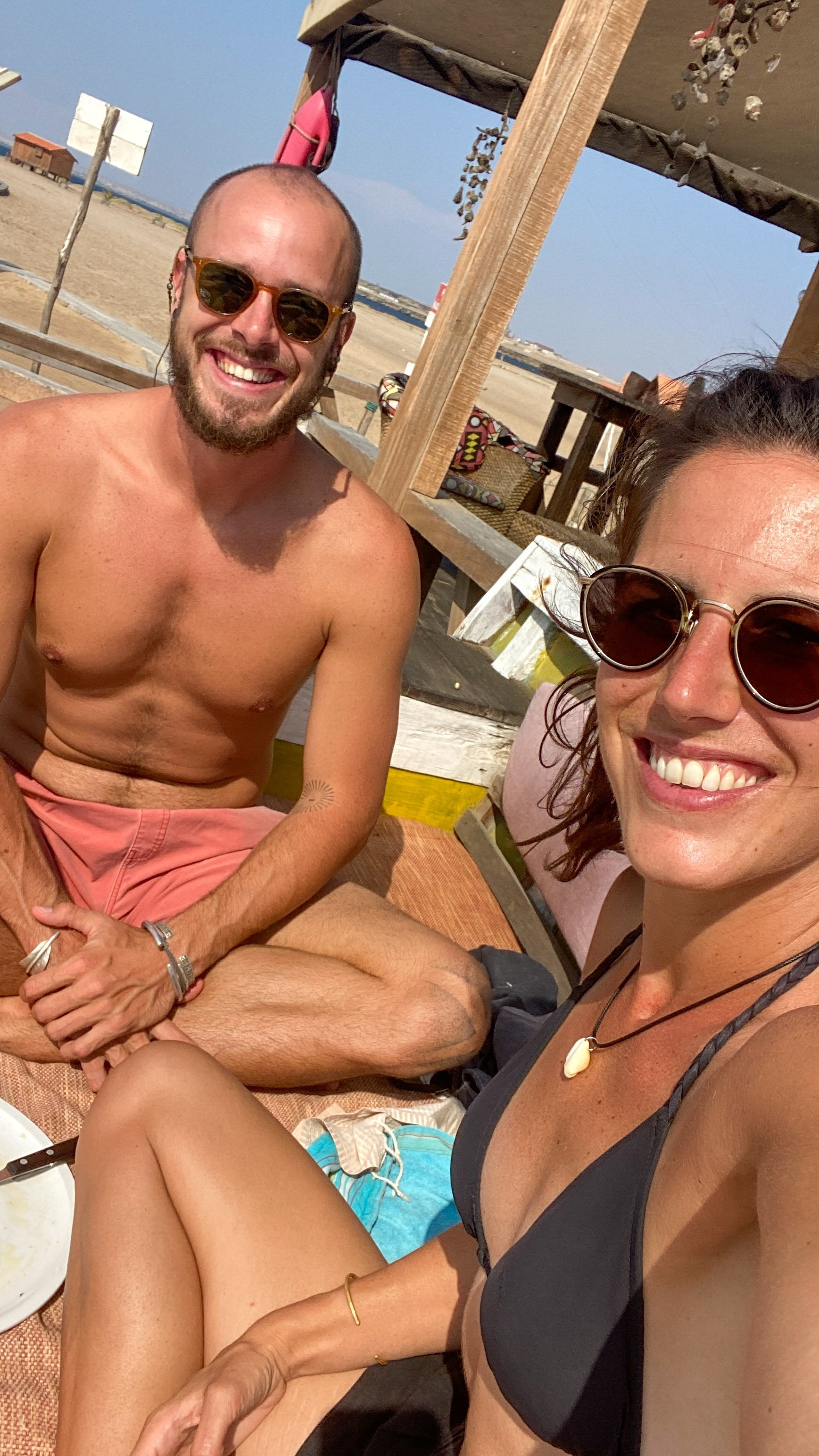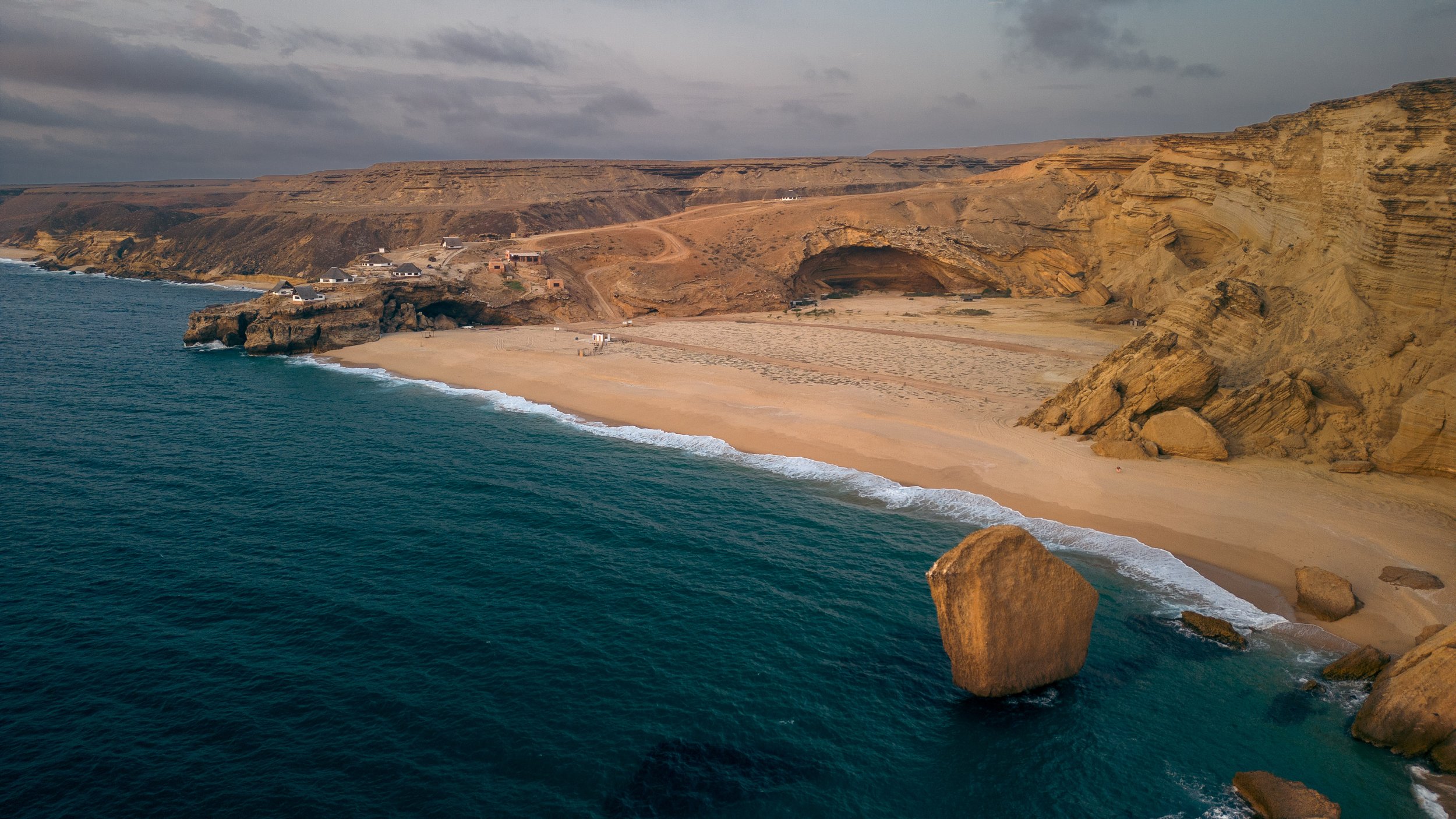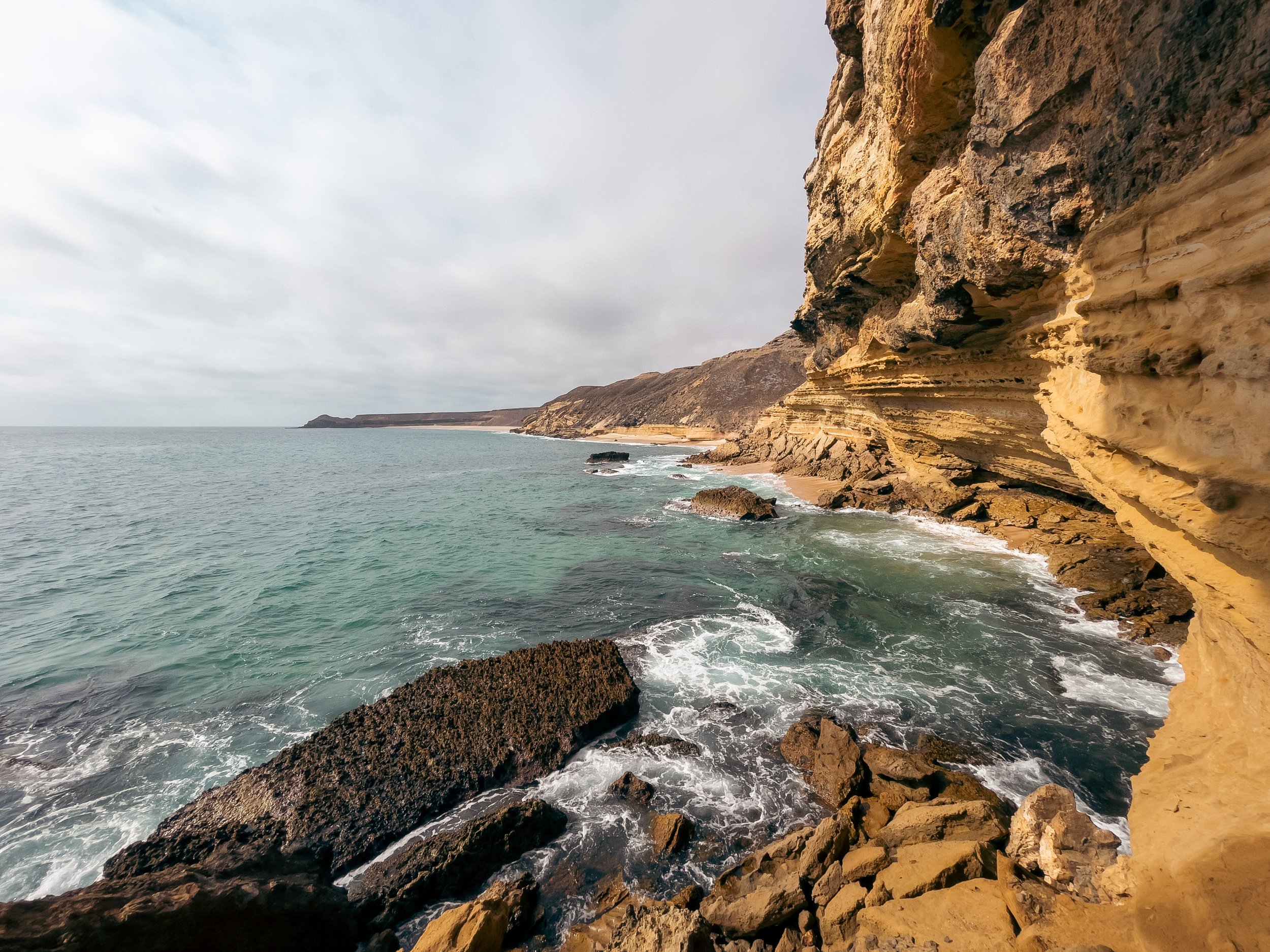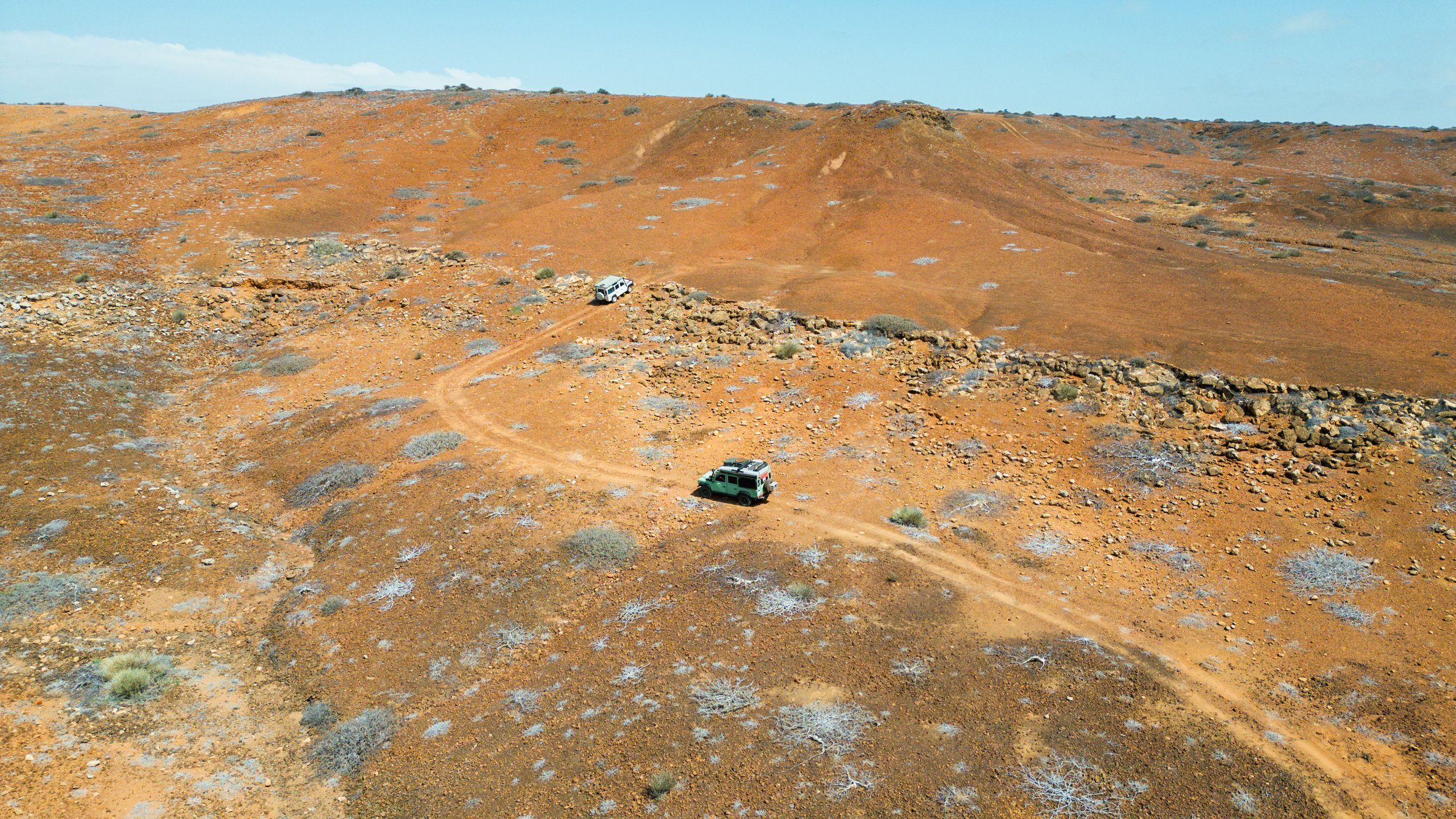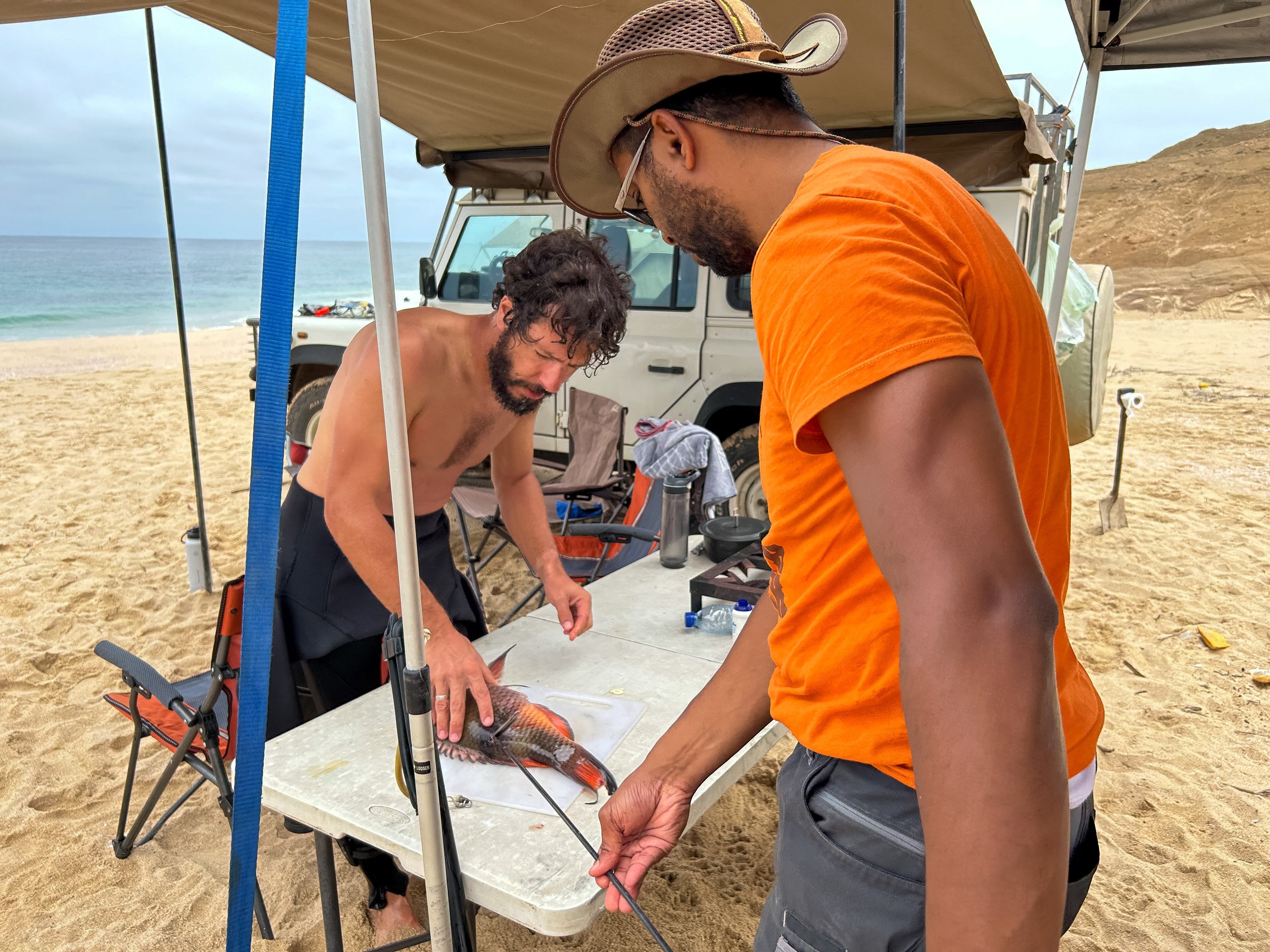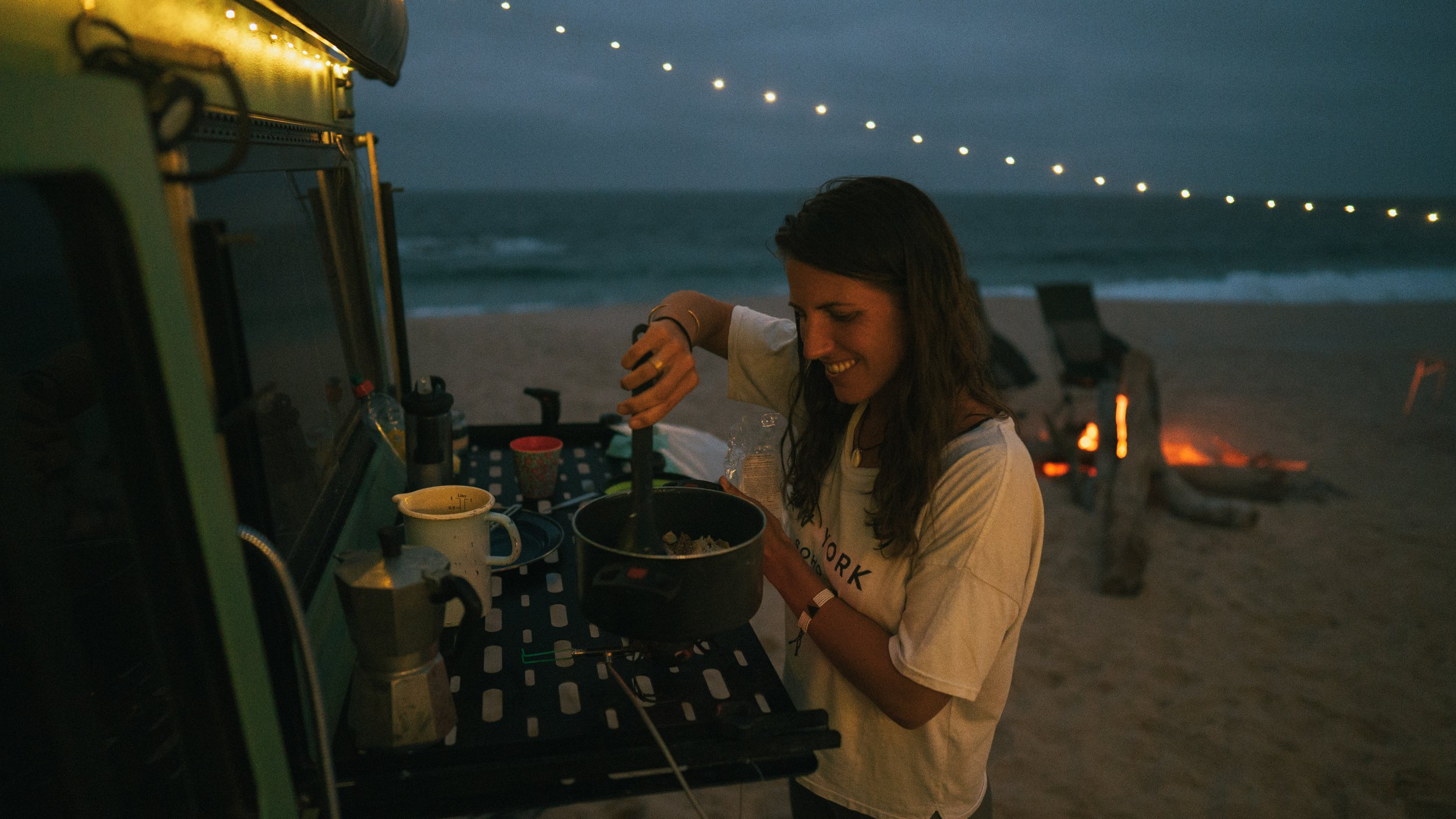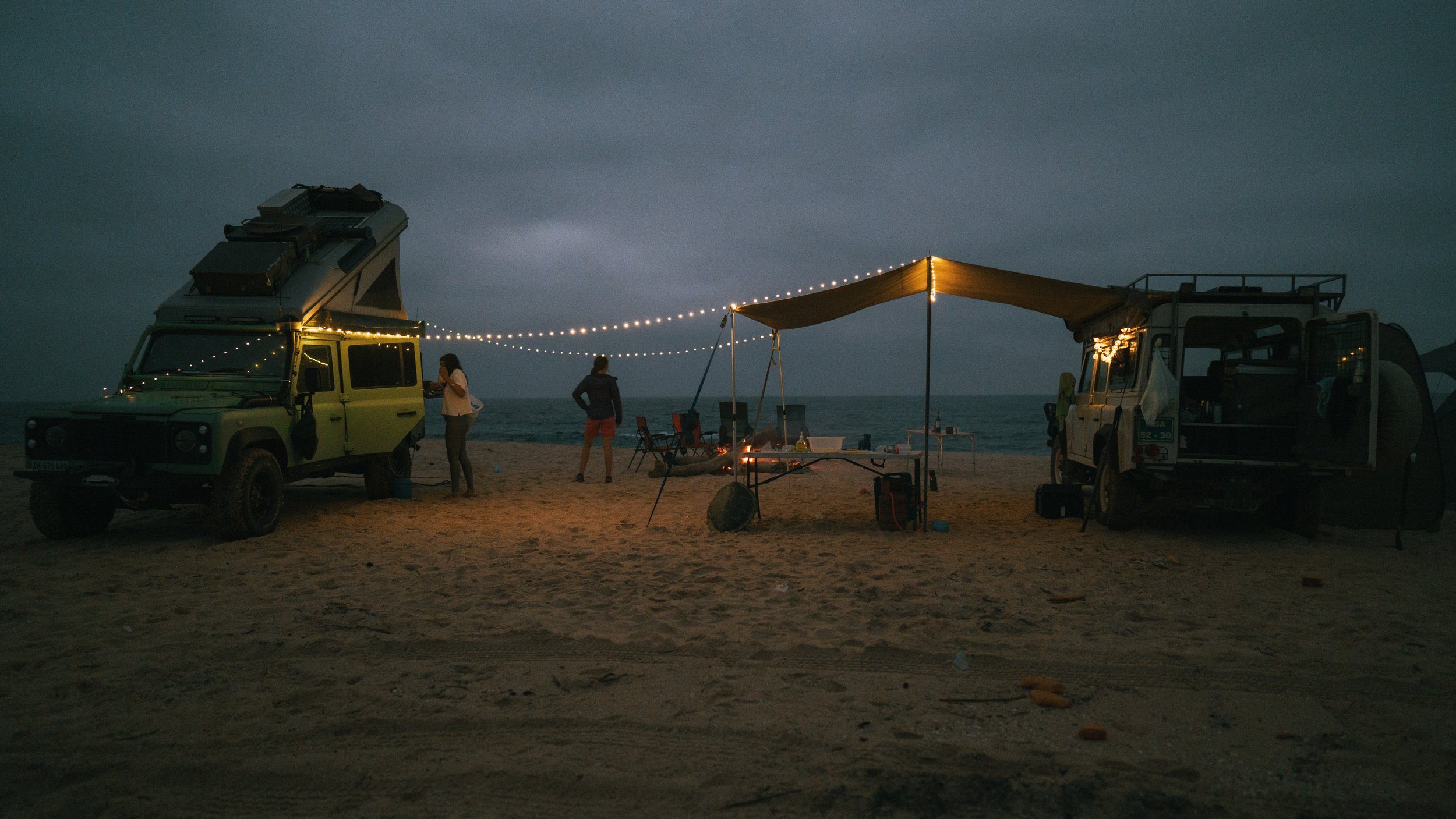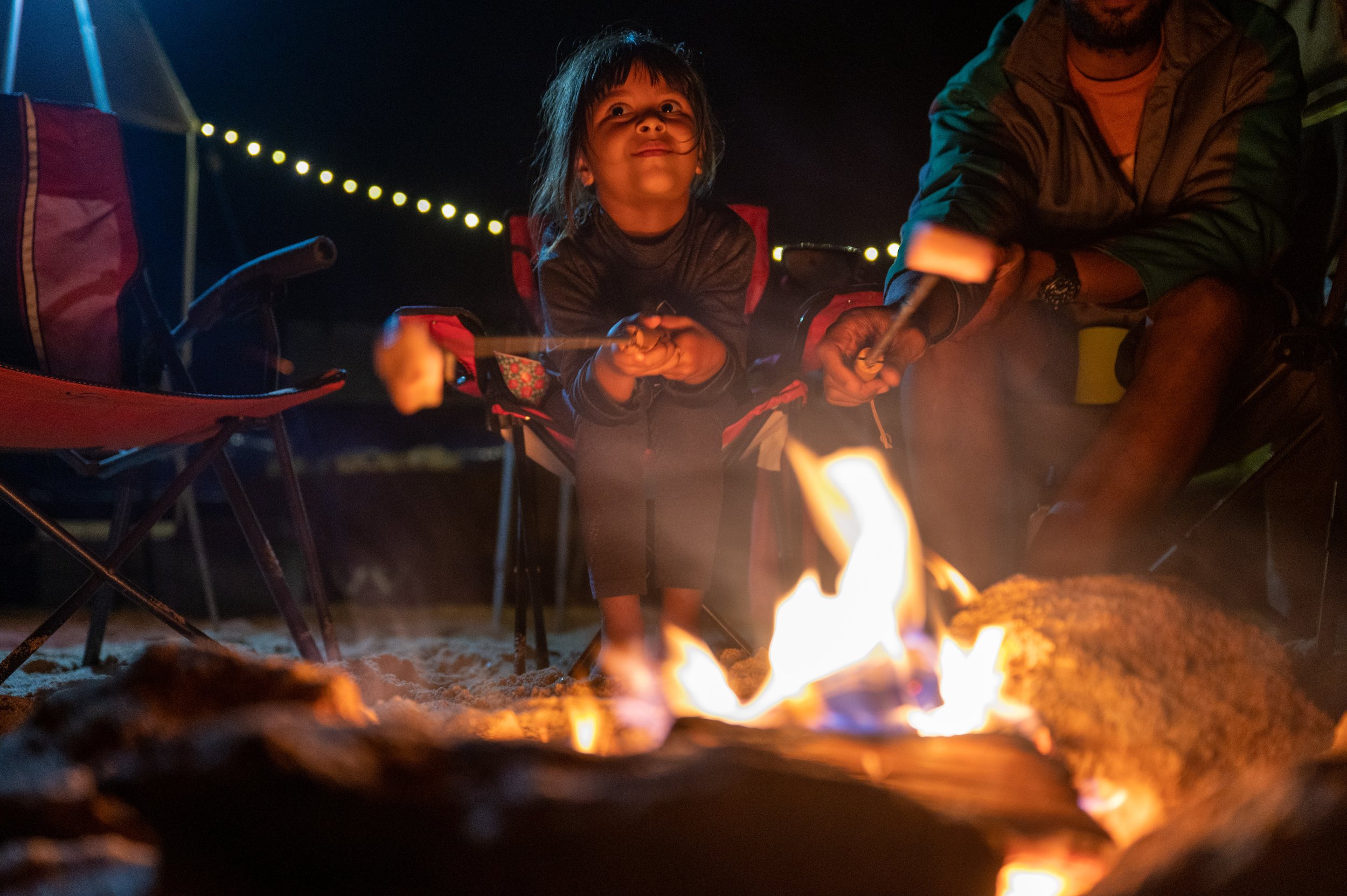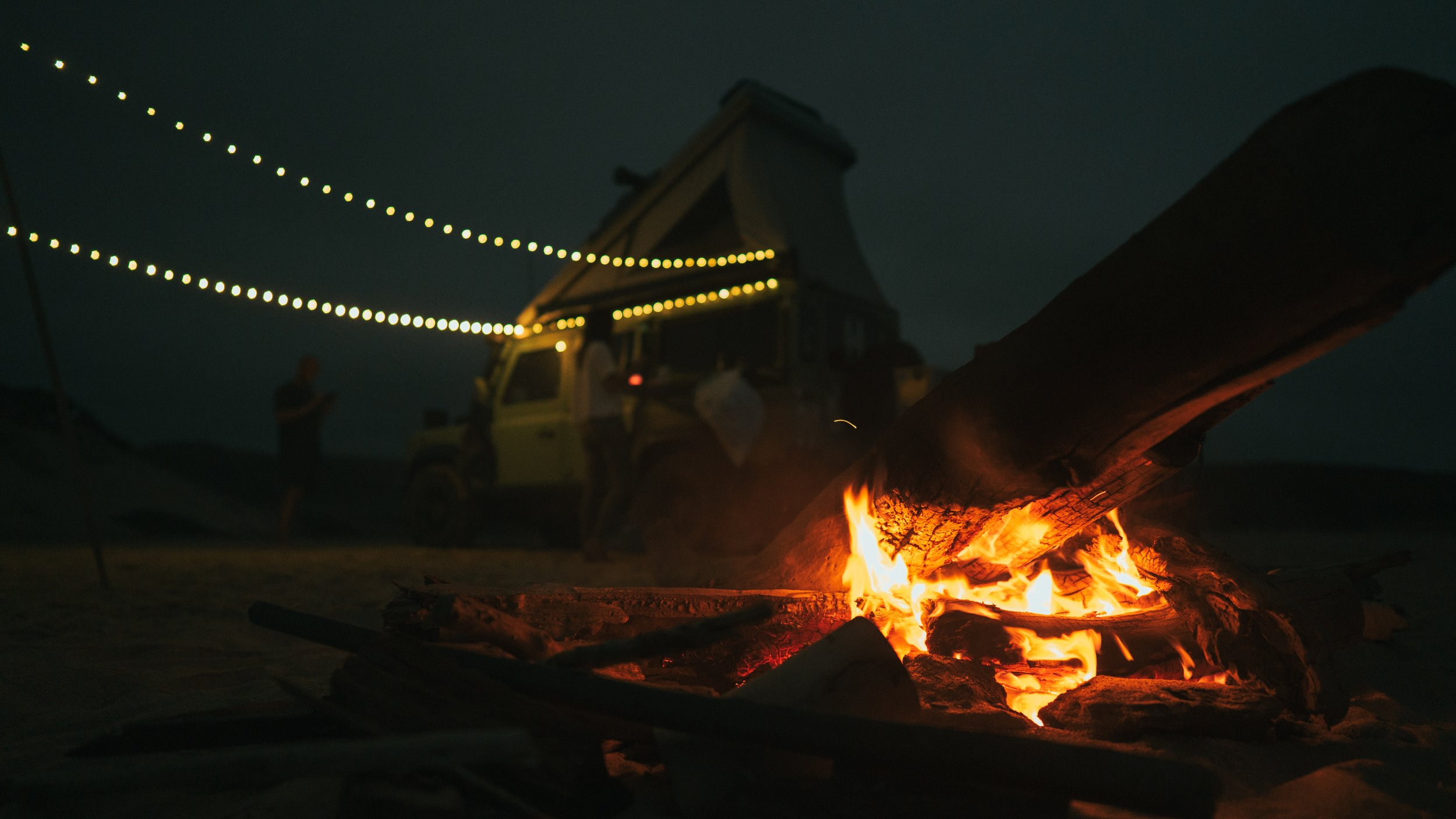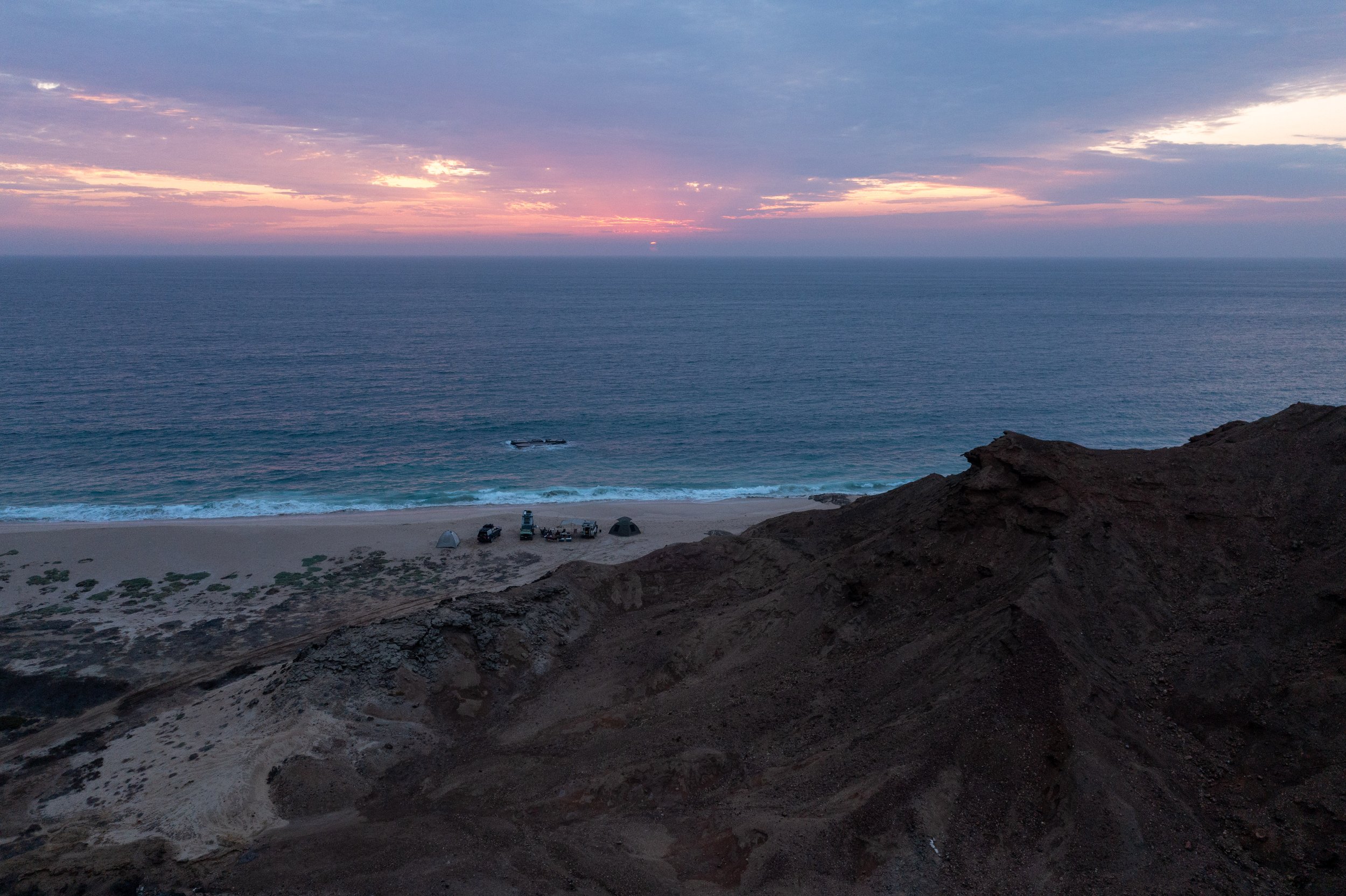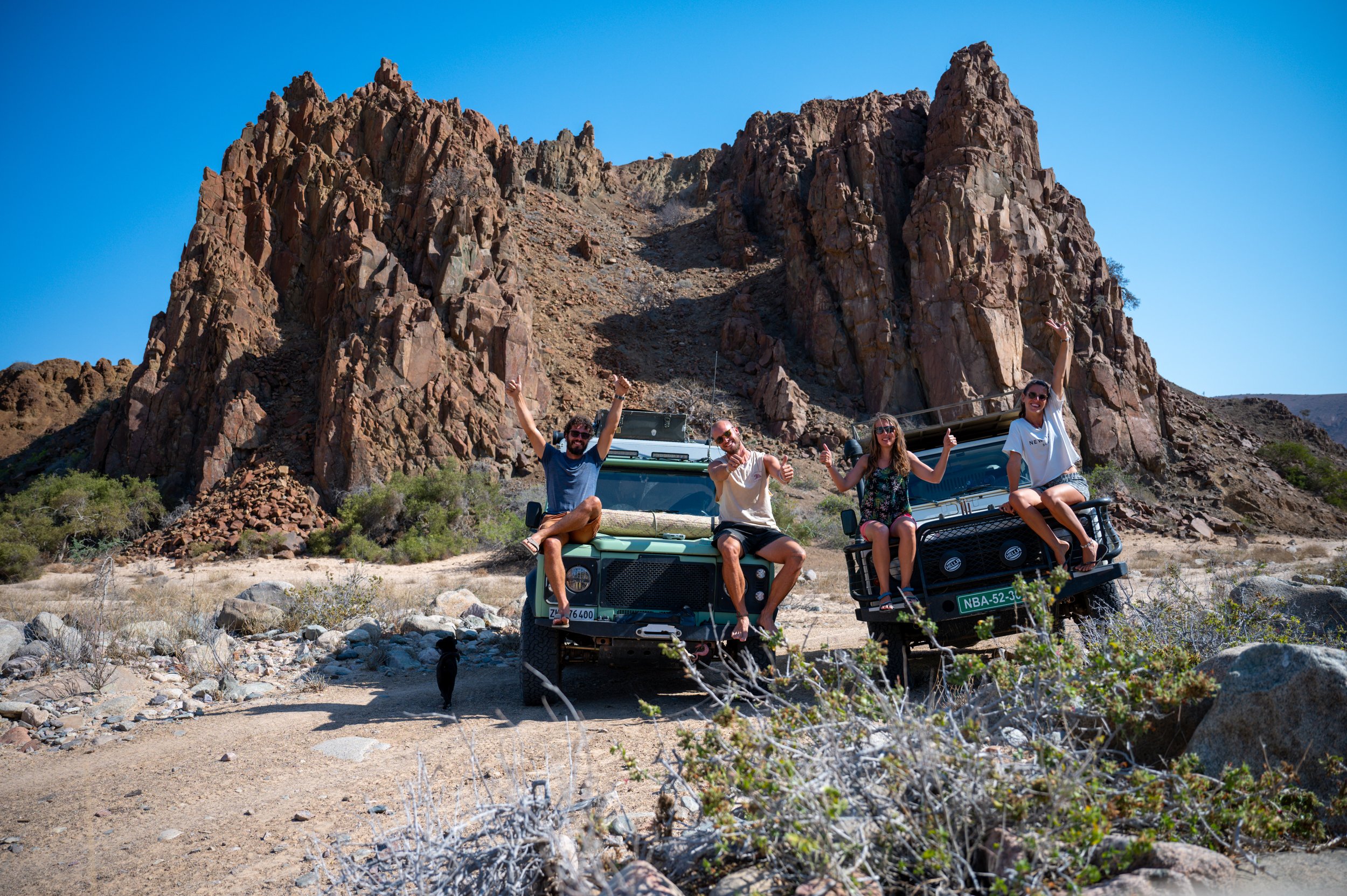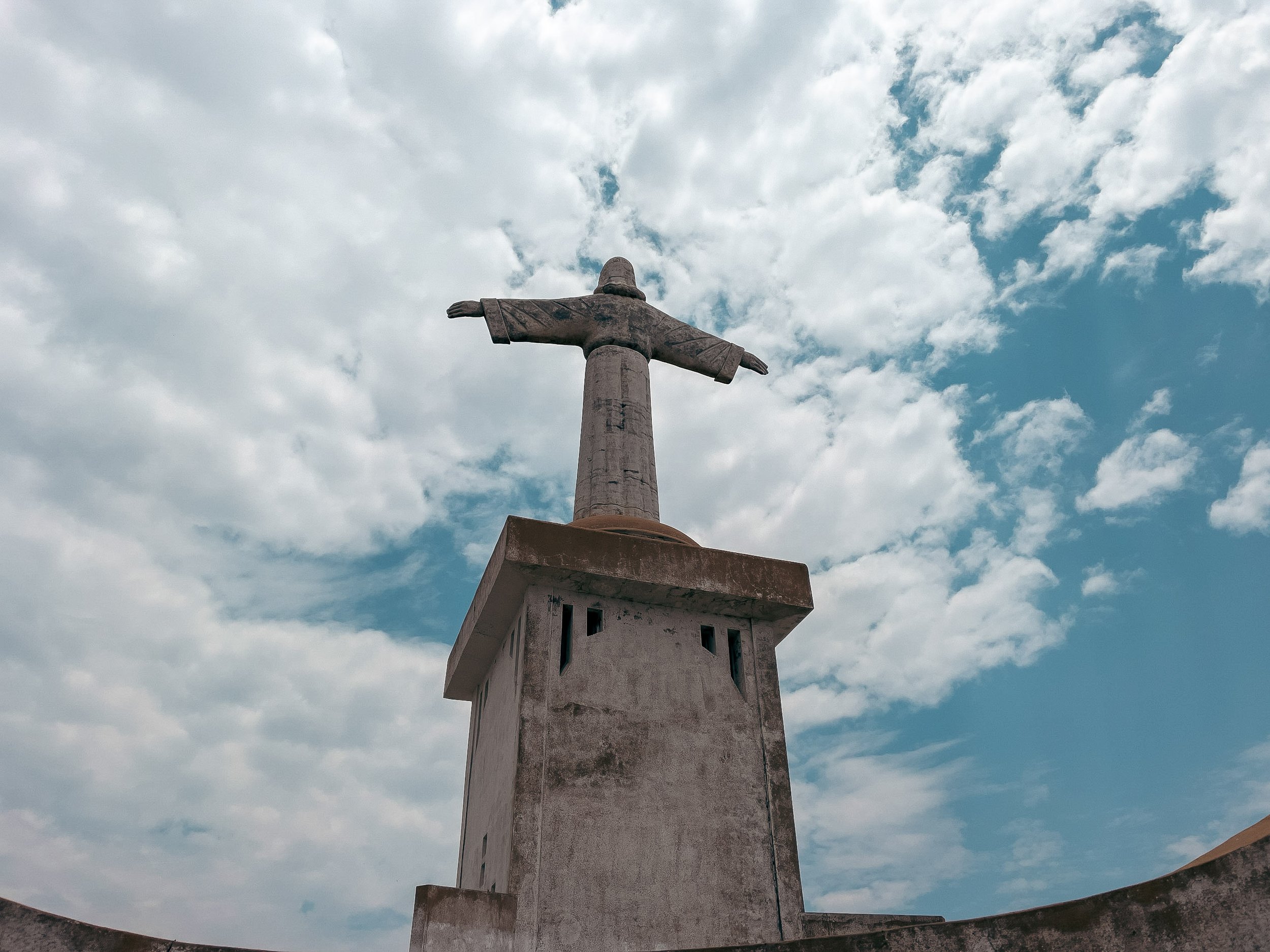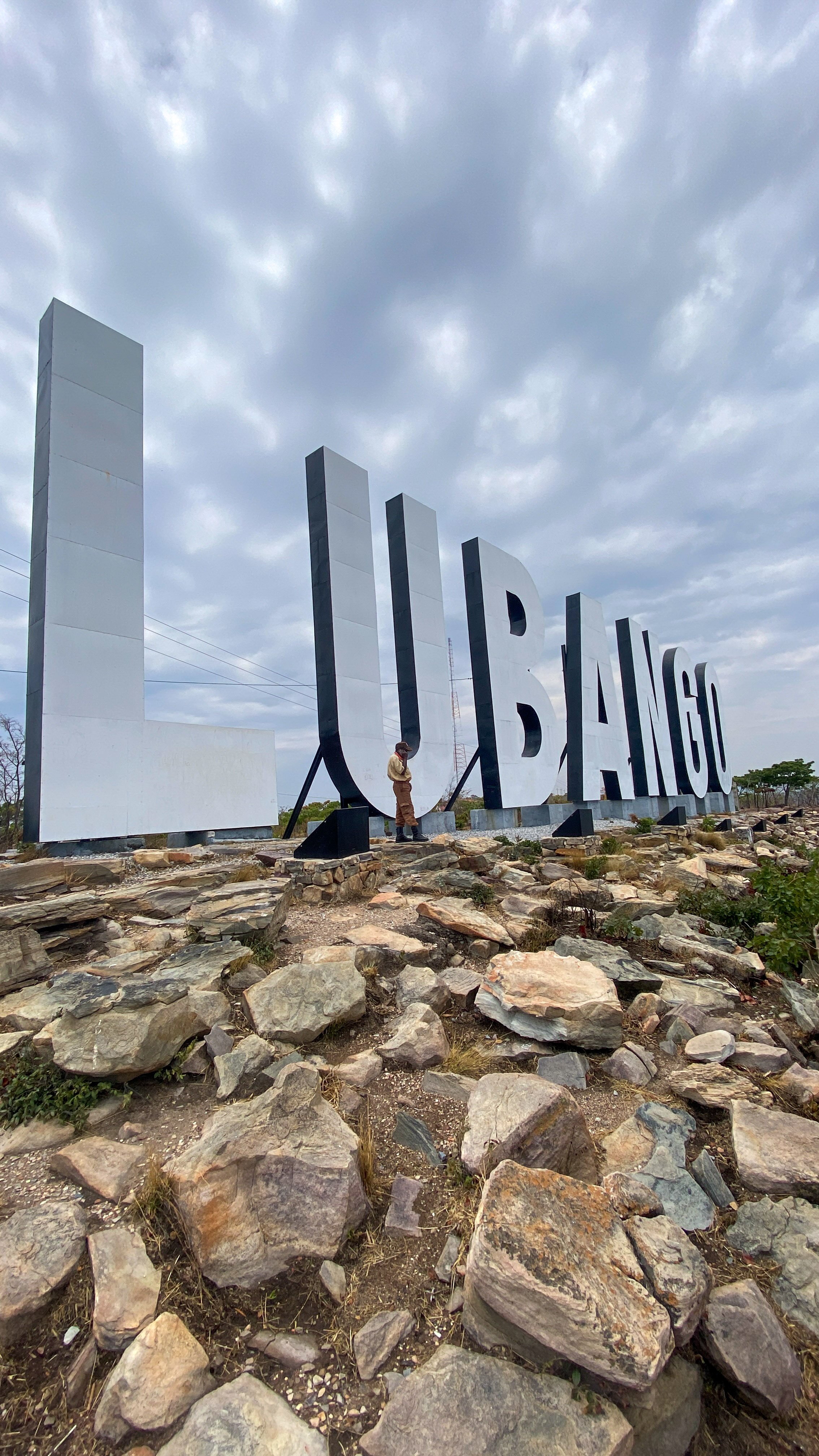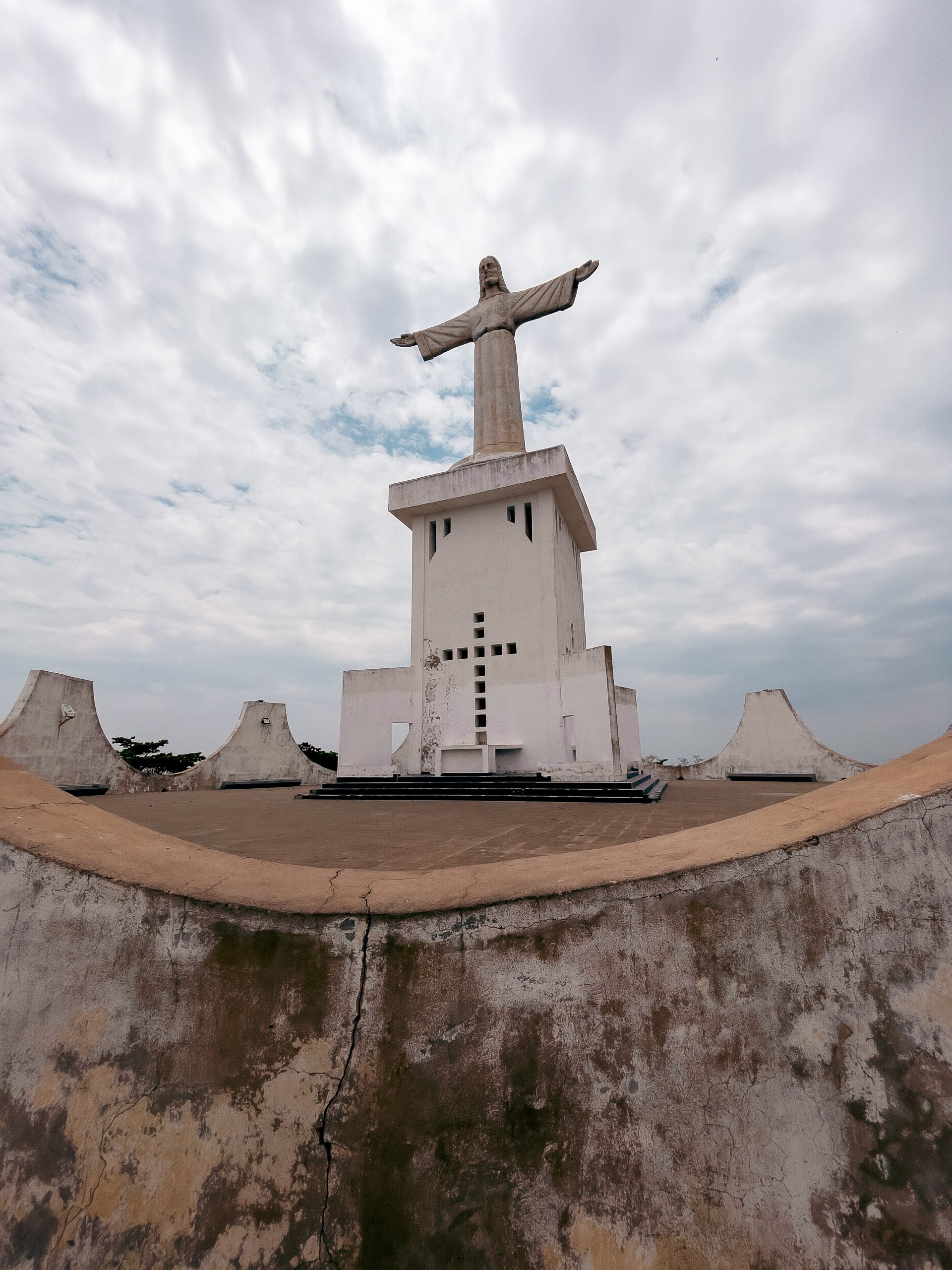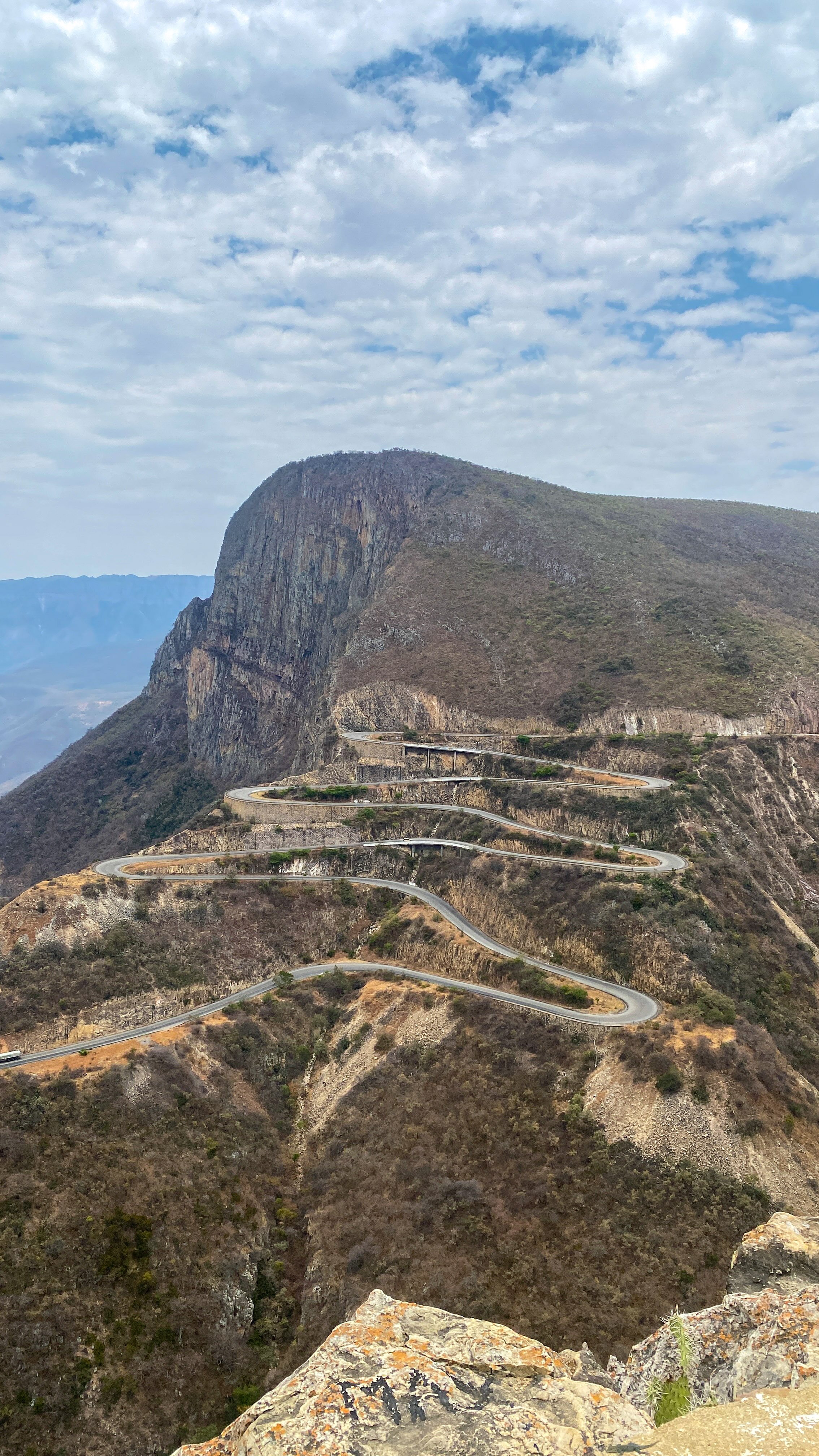We left Luanda very early, at 5am in the morning, and reached the border to DRC in one day. The road was perfect tar and the border crossing was quite smooth. We were out of Angola in no time and when we reached the DRC side, officers came walking towards us, asking for our passports and the Carnet de Passage, before we even parked the cars. They took our documents and sent us to a tent where we had to present our vaccination card with the yellow fever vaccination. When we returned, back to our cars, we received our passports with the stamps. It was already getting late, so we asked the officers if it would be possible to camp at the border. They first said yes, it wouldn’t be a problem, so we went inside the restaurant at the border post to taste our first Congolese beer Tembo, which was a pleasant surprise! While we were enjoying our beers, an officer appeared and told us that we couldn’t spend the night at the border post. We therefore had to leave and look for a place to sleep. We reached a nice spot just after dark, but while setting up our camps, we realized that mosquitoes seemed to like this place as well. We cooked something as quickly as possible and went to bed to escape the stinging beasts.
The next morning, we got up early and continued on our route, which took us through two busy towns, Matadi and Boma. Other Overlanders have told us that it took them 4+ hours to pass these cities because traffic was crazy and people were just everywhere on the roads. We were more lucky. After one hour, we were already out of Matadi and also Boma wasn’t too busy. We decided to take a break and enjoy a cold drink in town before we continued towards the border to Cabinda. Eventhough the Democratic Republic of the Congo is a huge country, our route only crossed a very small part of it, so after one day, we were already out of the DRC again.
The last part of this journey unfortunately didn’t go as smooth. First, we took a wrong route, which sent us on a very sandy path. We only realized, that we took the wrong road, when a guy stopped us and told us that we were driving towards an inofficial border post, where we would not get our passports stamped. He was very helpfull and offered us to show us the correct way, unfortunately, this meant driving all the way back on the sandy piste. We easily lost an hour driving back and forth. We were all tired and got a bit stressed, since we had planned to cross the border before dark but this seemed impossible, now that it was getting late. To top it off, there was a road toll checkpoint that kept us up for ages. When we finally reached the border post, it was already closed. However, the immigration officer on the DRC side still stamped our passports and even called the guy from the customs who lived close by, so he came to stamp our Carnet as well. We were now out of the DRC, but not yet into Cabinda. We drove to the Angolese border post a bit further down, but of course, nobody working anymore. On the bright side, there were some friendly military officers who invited us to camp right in front of the immigrations building, so we could do the paper work first thing in the morning. The « first thing in the morning» turned out to be at 9am and it was almost 10am until we were ready to enter Cabinda, but we had spent a quiet and safe night at the border post. We drove through Cabinda without many stops, the last Kwanzas we spent on diesel and beer and crossed the border again the same day. We now had reached the Republic of Congo, and after an easy bordercrossing again (2 borders in one day) we heading towards Pointe-Noire, a city at the coast. We managed to buy sim cards and we stopped at a nice grocery store, where we treated us to some ice cream 😃 we also found a super cool spot to camp, at a Restaurant right at the beach. Since we were all a bit exhausted after this day, we decided to eat at the restaurant. Tom and I shared a huge seafood platter and really enjoyed it a lot.
Even though, it would have been lovely to spend a day at the beach, we decided to continue the next day. After all, we and especially Toby has a deadline to be home and you never know what the new day will bring. Some more action was waiting fot us, before we even had left the town. We were still on the busy market road with many people and cars, driving super slow, when suddenly, we heard and felt a push against our bike rack. A taxi driver had opened his door and hit our bike rack, which fell off! We stopped to have a look, and of course, this was a big attraction for everyone around. So many people around us were trying to help or just watching and the taxi driver was trying to tell us that it was our fault. Luckily, it was «only» the swing arm, which broke, so we could quickly take it off and mount the bike rack back on again to continue our journey and leave this busy town. The broken swing arm, we took with us, to fix it another time somewhere else. We continued on a beautiful road through the thick rainforest. On the way, we stopped at a water point where we could fill our water tanks. When we reached the small town of Dolisie, the first place we saw on the street was a welder. We stopped and asked the guys working there, if they could fix our rack. Luckily, Toby is also a trained metal worker, so he knew exactly what we had to do. The welders at the workshop did a good job and after a couple of hours, our bike rack was fixed again.
But of course, this took time again and it was already getting late, so we decided to sleep in Dolisie. We read about a restaurant where Overlanders can camp for free, so we decided to check it out. The owner was very friendly and just when we started to set up camp and to cook dinner, another Defender appeared. It was Maé and Oré, a French couple, traveling North to south. We had already texted each other on Instagram and initially had hoped to meet along the way, but we thought our schedules wouldn’t quite match. It turned out that they were a bit faster than expected and we were a bit slower, since we had to fix our bike rack, and on coincidence, we ended up at the same unofficial campsite. It was lovely to meet them and we spent an evening full of laughters and of course, the next morning, we had to have a look at everyone’s Defender and also went for a dip in the pool, before we all continued our journey again.
We headed north through the Republic of the Congo; we didn’t take the route through Gabon, because the road in Congo is much better. We had three full driving days ahead of us and wild camped every night close to the main road. On our first night, we got stuck in the mud, but luckily, being two well-equipped cars, it was not a problem to pull us out again. We hoped to see some elephants or gorillas along the way, but since we were only driving along the main road, of course, this was quite difficult. On the other hand, we met many lovely locals along the way and made great progress. After 3 days, we reached the border to Cameroon. The border crossing was surprisingly easy. They have a new online application process for the e-visa and it worked very well, we only had to show the PDF we received by mail and then we got the stamp in our passports. Our first night in Cameroon, we spent again at a wild camping spot and drove into the busy town of Yaoundé the next day.
We wanted to drive to Didier’s Garage, another Overlander Hotspot. Didier is a French guy who runs this workshop in town, and he lets Overlanders camp there and also work on their cars. This was perfect for us, as it was time to change the diesel filters as well as the air filter, so this was the perfect place for us to stay. When we arrived at the workshop, Didie warmly welcomed us, and there were also three other Overlanders. Simon from Belgium, who is traveling solo in his Defender, Amy and James from the UK who are traveling with their dogs in a beautiful but huge Sprinter van, and Jung, a Korean guy, who is also traveling solo in his van. It was so much fun hanging out with these guys at the workshop. Toby ended up working on Landies again, but this time, he helped Simon to fix some problems instead of working on Olga. We went out for dinner altogether and had a great time. We decided to take an extra day in Yaoundé to have some time to relax. Toby also wanted to grease his propshaft, so we planned to leave early the following day. For our second night, Jung took us out to a Korean restaurant in town, where we got to experience a very authentic Korean Cuisine, it was delicious and such a fun night.
The next morning when we wanted to leave early, we realized, that our cable to charge our car, was plugged in inside the workshop and the workshop was locked. So we had to wait for the mechanics to arrive… We left the workshop shortly after 8am and just when we passed the many police checkpoints and managed to drive out of the busy town, Toby heard some weird noises again from his rear differential, the one we had replaced in Luanda. This was quite bad, because we were now driving towards the border to Nigeria, and this road was supposed to be very bad. So we were actually driving towards the only section where it was very essential for us to have a fully working 4x4. Also, this border route was very remote, so definitely no chances to fix anything, if we would break down. We therefore decided to turn around and go back to Didier’s place, to have a proper look at the differential. Simon and Jung were super excited to have us back. We took the differential apart but couldn’t really find anything that was broken. So in the end, we cleaned everything thoroughly and put it back together. In the meantime, another car arrived - with a Swiss license plate! Christian and Regula from Lucerne were traveling from Switzerland to South Africa in their car. It was lovely meeting them! We improvised and cooked something with the food everyone could provide and had a cosy evening at the workshop. This time, however, we made sure to not have any cables plugged in inside the workshop, so we were able to leave early the next morning. We managed the whole stretch until Magba, where the tar road ended. We spent the night in a hotel parking, since this area of Cameroon is considered to be not very safe to wild camp, due to some rebels who hide there in the mountains.



















































































